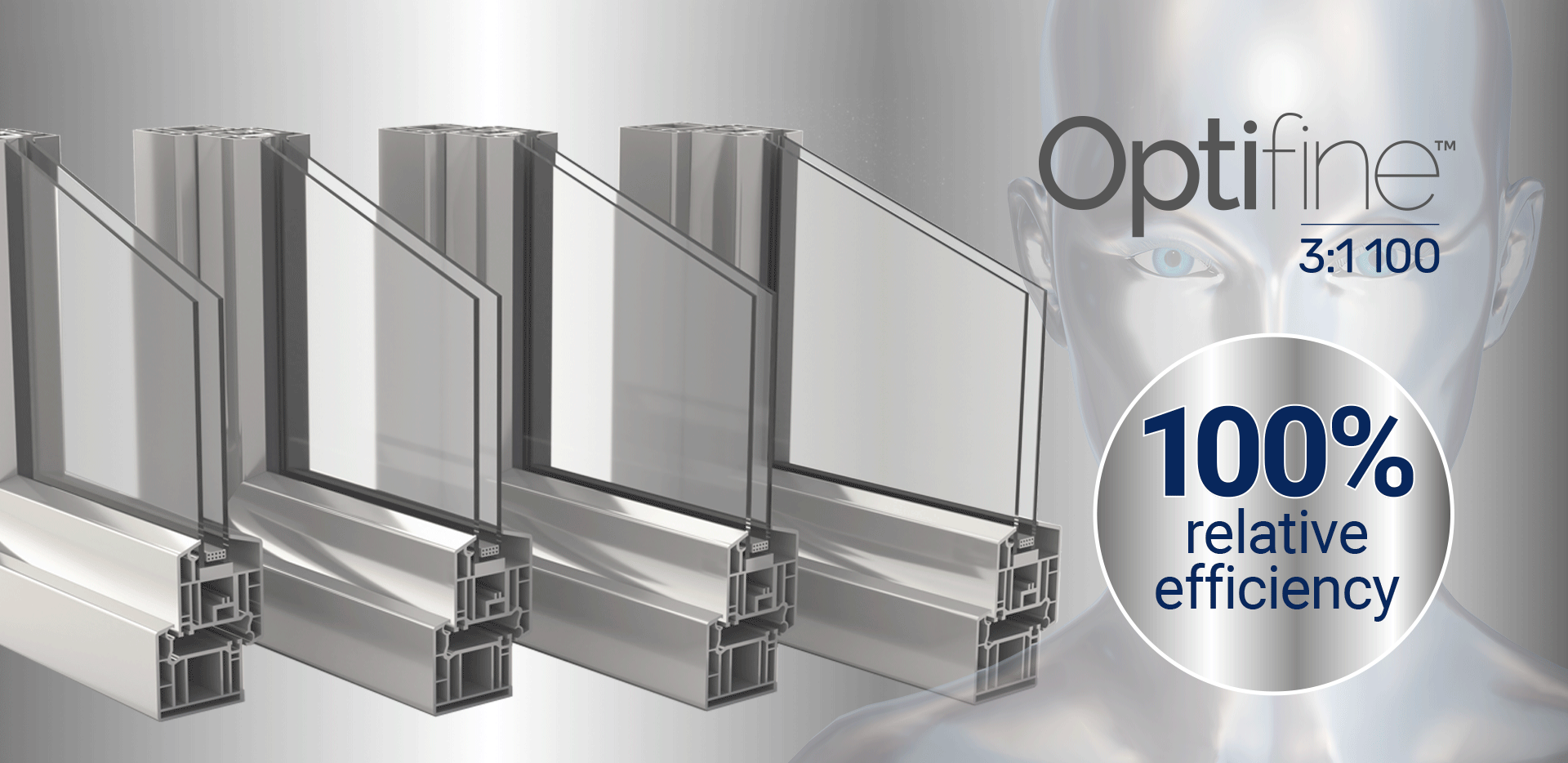What casthouses are realising is that you shouldn’t go for a one size fits all grain refiner as particular grain refiners best suit certain applications. The sector you are in should influence the grain refiner you choose and a good grain refiner producer with focus on the customer will be able to explore all the options open to you, literally making you significant cost savings and making operations much more consistent.
For example, if you are making high tensile aluminium alloys for aerospace, you’ll need a different grain refiner than if you were producing can lid stock. All come with their different benefits and challenges in the melt, but, ultimately, the right grain refiner will make your casthouse operations better all round.
If you are producing high stress components such as battery boxes in automative and, in particular, the electric vehicles (EV) market, the challenge is the high strength levels you need to effectively grain refine leads to the addition of zirconium in the alloy composition, which produces a poisoning effect that compromises performance. You will need an extra potent grain refiner with extra refining power to obtain the grain size and integrity needed, all while adding fewer damaging particles.
At the other end of the spectrum, if you are producing aluminium sheet for canbody stock, you’ll know the process is highly demanding of the aluminium cleanliness and mechanical properties. Aluminium foil stock comes in different alloys, some of which have high purity for making foil used in food and medical packaging, a key property being its thickness.
Grain refiner is typically added to both to prevent cracking, but this increases the particle count, resulting in pinholes, tears and deformities. In canbody stock, it can mean the collapse of the can when stacked, and in foil stock, spoiling of the contents. This can all lead to significant production outages due to time lost while equipment down. By using a grain refiner that can bring down the addition rate by, say, 85%, a particle count of 4,000 would be reduced to just 600, preventing pinholes and tears and improving elongation and shape.
Please get in touch to discuss your refinement needs.
MQP produces three variations of Optifine, 3:1 100, 5:1 100 and 5:1 125, which are used in the production of over five million tonnes of alloys a year at 45 casthouses worldwide. Each product suits particular applications, but what they all have in common is that they are all high efficiency and bring addition rates right down to make cost savings for casthouses and improve melt quality.

